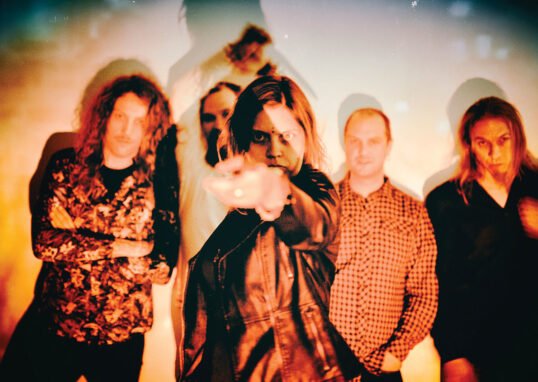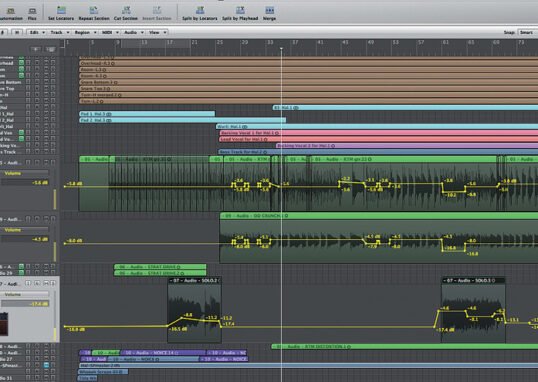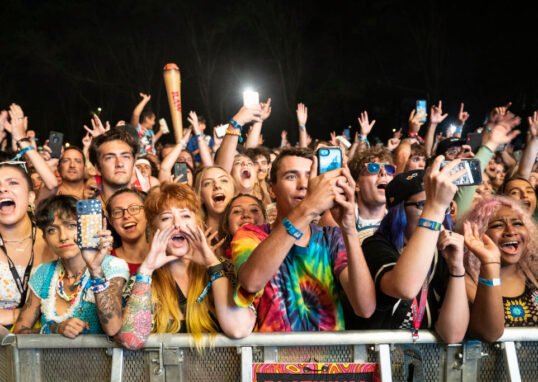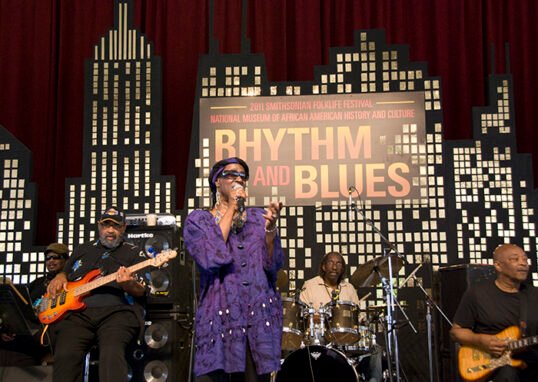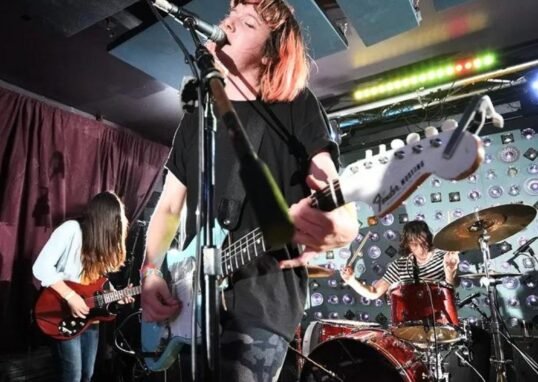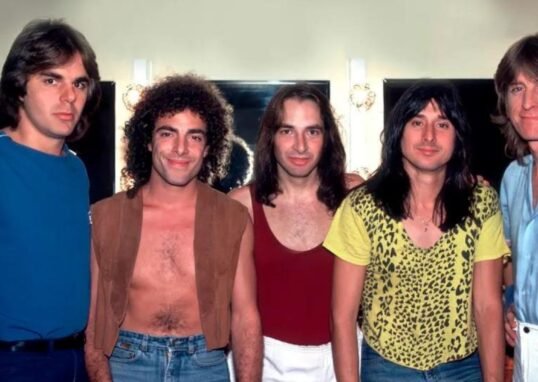
Rock music festivals have played a crucial role in shaping the cultural landscape, bringing together fans, musicians, and the spirit of rock ‘n’ roll. These events have become iconic, not just for the music, but for the moments they create and the history they embody. This post explores some of the most famous rock music festivals and delves into their rich histories.

Woodstock: The Mother of All Festivals
Woodstock, held in August 1969, remains one of the most iconic rock music festivals in history. Located in Bethel, New York, the festival attracted over 400,000 attendees. It featured legendary performances by Jimi Hendrix, Janis Joplin, The Who, and Santana. Woodstock symbolized the counterculture movement of the 1960s, promoting peace, love, and music. Despite logistical challenges, including food shortages and inclement weather, Woodstock’s impact on music and culture is undeniable.
Monterey Pop Festival: The Start of the Summer of Love
The Monterey Pop Festival, held in June 1967, marked the beginning of the Summer of Love and set the stage for future rock festivals. Located in Monterey, California, this festival introduced American audiences to The Jimi Hendrix Experience, The Who, and Janis Joplin. The event’s success highlighted the commercial potential of rock festivals and showcased the transformative power of live music. Monterey Pop also played a crucial role in the rise of countercultural movements and the evolution of rock music.
Glastonbury Festival: A Spiritual Journey
Glastonbury Festival, founded in 1970 by Michael Eavis, is one of the longest-running and most beloved rock festivals. Held on Worthy Farm in Pilton, England, Glastonbury combines music with arts, spirituality, and environmentalism. The festival has hosted a diverse array of artists, including David Bowie, The Rolling Stones, and Radiohead. Known for its unique atmosphere and eclectic performances, Glastonbury has become a pilgrimage site for music lovers worldwide, blending rock with a myriad of other genres and cultural experiences.
Isle of Wight Festival: A British Classic
The Isle of Wight Festival, first held in 1968, quickly became one of the premier rock festivals in the UK. The 1970 edition, featuring Jimi Hendrix, The Doors, and The Who, drew an audience of over 600,000, making it one of the largest rock festivals ever. Despite facing a ban due to the massive turnout, the festival was revived in 2002 and continues to attract top-tier talent. The Isle of Wight Festival’s legacy lies in its ability to draw massive crowds and host unforgettable performances, contributing significantly to the UK’s music scene.
Reading and Leeds Festivals: Twin Giants of Rock
The Reading and Leeds Festivals are twin music festivals that take place simultaneously on the August bank holiday weekend in Reading and Leeds, England. Originating as the Reading Festival in 1961, it has evolved to include a sister event in Leeds since 1999. Known for their diverse lineups, these festivals have featured legendary acts such as Nirvana, The Rolling Stones, and Arctic Monkeys. Reading and Leeds have become staples of the British festival circuit, celebrated for their dynamic atmosphere and influential performances.
Coachella: The Modern Festival Phenomenon
Coachella Valley Music and Arts Festival, held annually in Indio, California, has become a symbol of modern festival culture. Founded in 1999, Coachella blends rock, indie, hip-hop, and electronic music, attracting a global audience. Iconic performances by artists like Radiohead, Beyoncé, and Paul McCartney have solidified its reputation. Coachella’s innovative approach to festival experiences, including art installations and celebrity appearances, has set a new standard for music festivals worldwide.
Lollapalooza: A Touring Revolution
Lollapalooza, created by Jane’s Addiction frontman Perry Farrell in 1991, began as a touring festival across North America. It featured a diverse lineup of rock, punk, and alternative acts, including Nine Inch Nails, Pearl Jam, and Soundgarden. After transitioning to a stationary festival in Chicago in 2005, Lollapalooza expanded globally, with editions in countries like Brazil, Argentina, and Germany. Its commitment to diverse music and cultural experiences has made Lollapalooza a beloved institution in the festival world.
Bonnaroo: The Eclectic Gathering
Bonnaroo Music and Arts Festival, held annually in Manchester, Tennessee, since 2002, is known for its eclectic mix of rock, indie, hip-hop, and electronic music. Inspired by festivals like Glastonbury and Coachella, Bonnaroo offers a unique blend of music, art, and community spirit. Performances by artists such as Phish, Radiohead, and The White Stripes have highlighted its diverse lineup. Bonnaroo’s commitment to environmental sustainability and community engagement sets it apart in the festival landscape.
Conclusion
Rock music festivals have profoundly impacted music culture, creating legendary performances and unforgettable experiences. From Woodstock’s peace and love to Coachella’s modern innovation, each festival has contributed uniquely to the evolution of rock music. These events celebrate the power of live music to unite, inspire, and transcend, leaving an indelible mark on both artists and fans.

